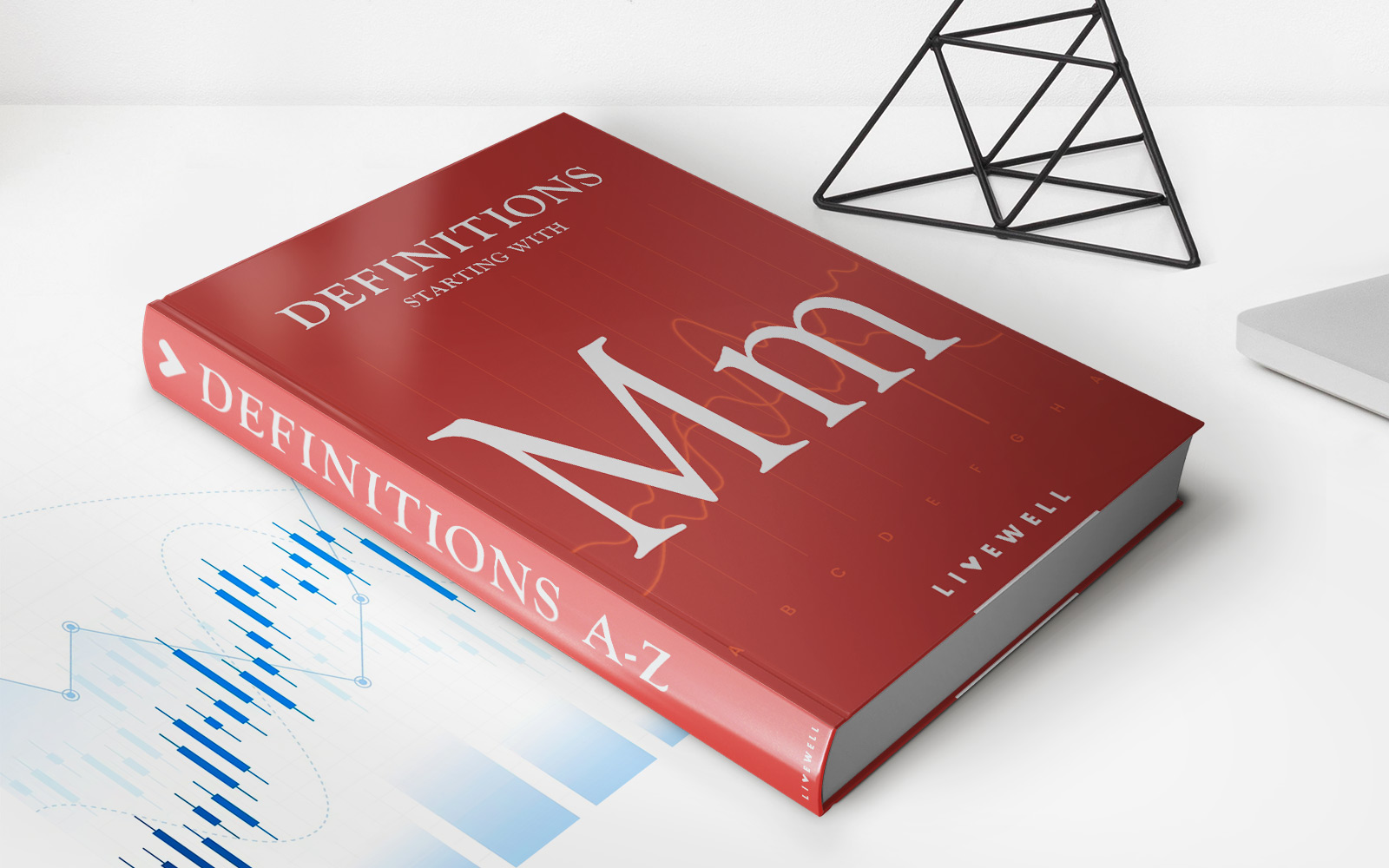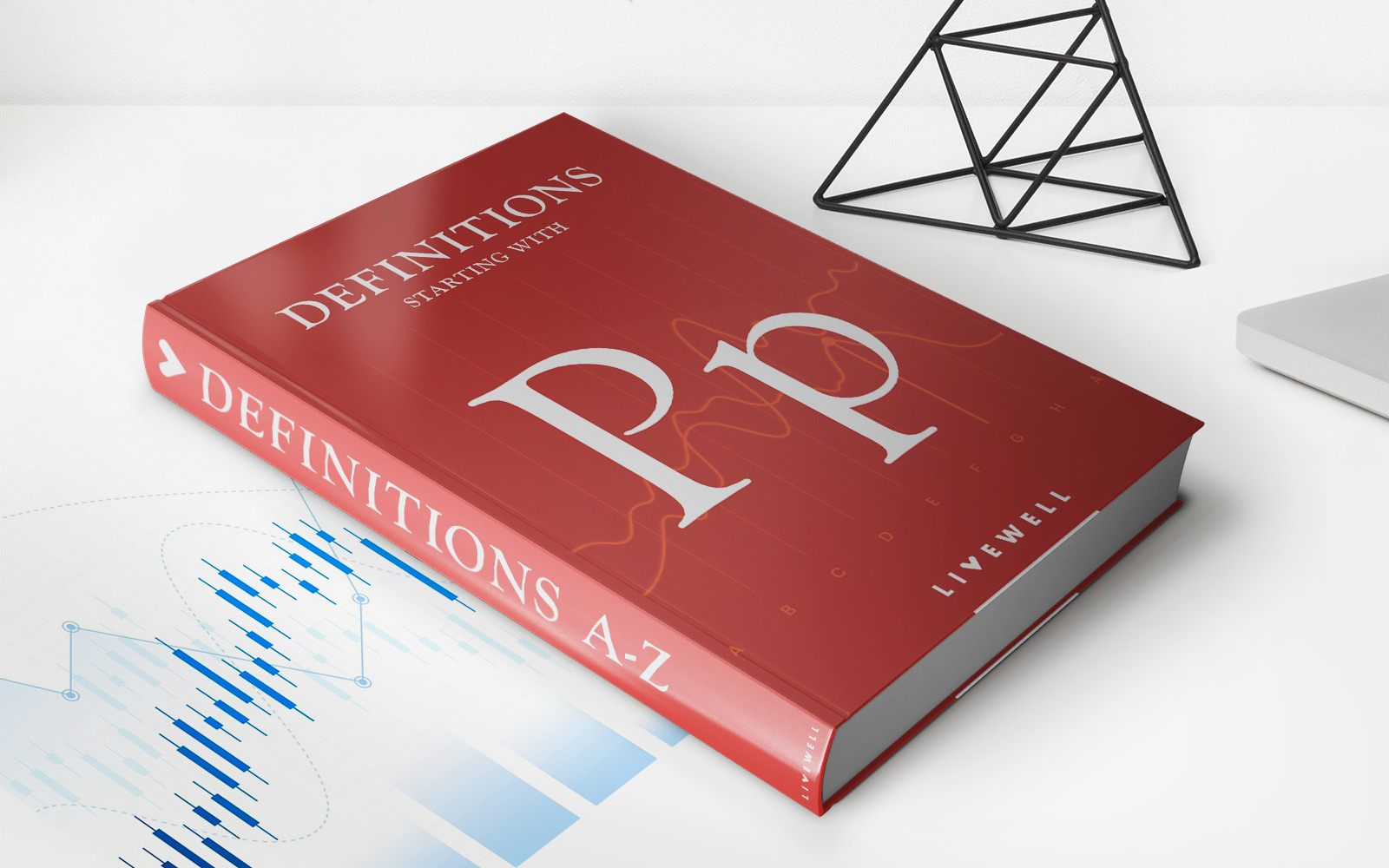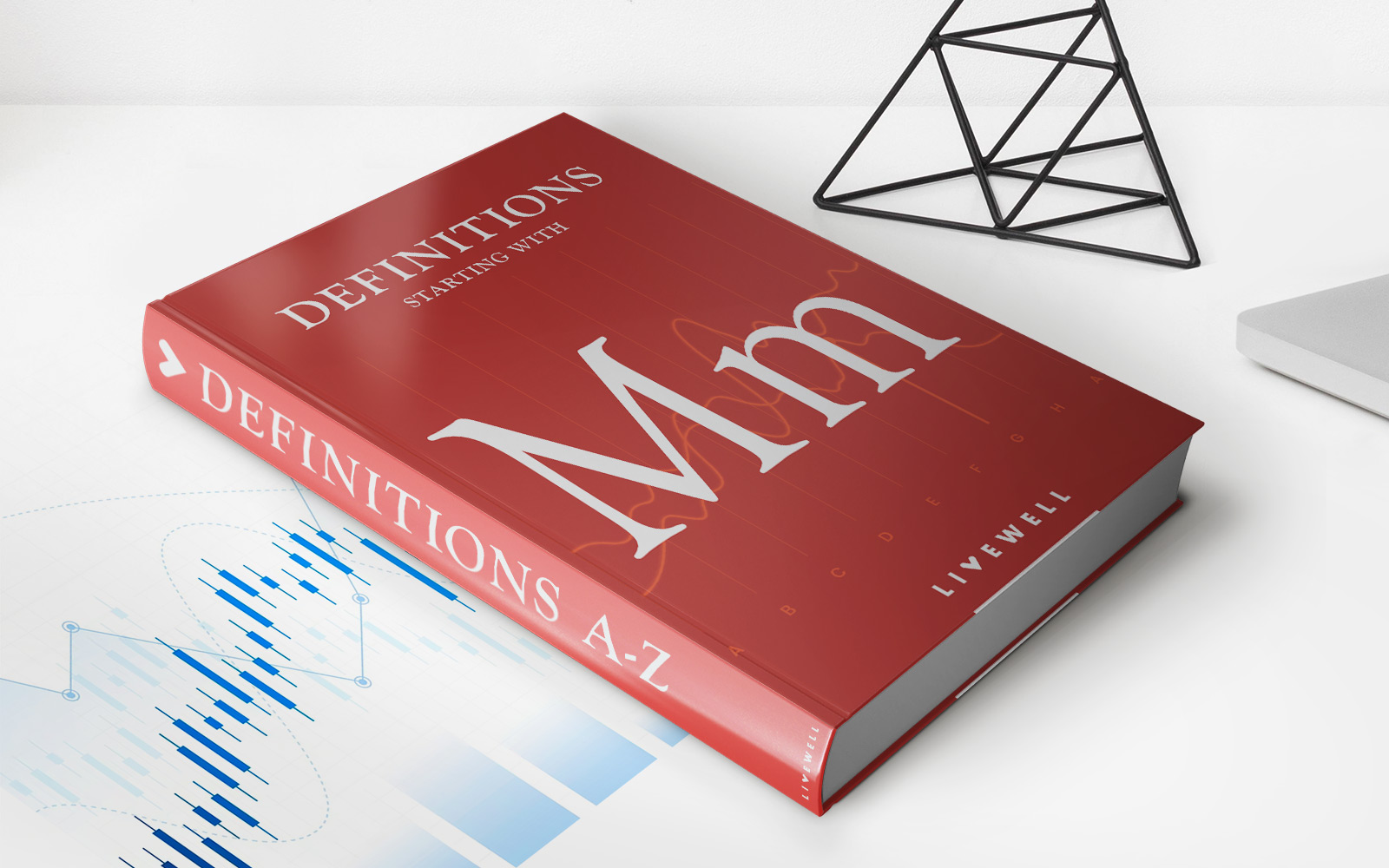Home>Finance>Interest: Definition And Types Of Fees For Borrowing Money


Finance
Interest: Definition And Types Of Fees For Borrowing Money
Modified: February 21, 2024
Learn about the definition and types of fees for borrowing money in finance. Explore various aspects of interest and fees in this comprehensive guide.
(Many of the links in this article redirect to a specific reviewed product. Your purchase of these products through affiliate links helps to generate commission for LiveWell, at no extra cost. Learn more)
Interest: Definition and Types of Fees For Borrowing Money
Welcome to this informative blog post where we will delve into the world of interest rates and fees for borrowing money. Whether you are considering taking out a loan or simply want to expand your knowledge on finance, understanding interest rates and fees is crucial. In this article, we will define interest, explore the different types of interest rates, and discuss the fees associated with borrowing money.
Key Takeaways:
- Interest is the cost of borrowing money, usually expressed as a percentage over a specific period of time.
- There are various types of interest rates, including simple interest, compound interest, fixed interest, and variable interest.
What is Interest?
Let’s start by defining interest. In simple terms, interest is the cost of borrowing money. When you borrow money from a lender, they charge you a fee known as interest, which is usually a percentage of the total amount borrowed. This fee serves as compensation for the risk the lender takes by lending you money and also accounts for the opportunity cost of lending their funds instead of investing them elsewhere.
Types of Interest Rates
Now that we know what interest is, let’s explore the different types of interest rates:
- Simple Interest: Simple interest is calculated as a percentage of the principal amount borrowed. This type of interest remains constant throughout the loan term and is usually used for short-term loans.
- Compound Interest: Compound interest is calculated not only on the principal amount borrowed but also on the accumulated interest. This means that the interest is added to the principal, and future interest calculations are based on this new total. Compound interest is commonly used for long-term loans and investments.
- Fixed Interest: With fixed interest rates, the rate remains constant throughout the loan term. This provides borrowers with stability as their monthly payments will not change over time.
- Variable Interest: Variable interest rates fluctuate based on market conditions. They can go up or down during the loan term, potentially impacting borrowers’ monthly payments.
Fees Associated with Borrowing Money
In addition to interest rates, borrowers may also encounter various fees when borrowing money. Common fees include:
- Origination Fees: These fees are charged by lenders for processing a loan application and include administrative costs.
- Closing Costs: Closing costs involve fees related to finalizing a loan, such as attorney fees, appraisal fees, and title search fees. They are typically associated with mortgage loans.
- Prepayment Penalties: Some loans come with prepayment penalties if you repay the loan before the agreed-upon term. These penalties are meant to discourage early repayment and compensate lenders for potential lost interest.
- Late Payment Fees: If you miss a loan payment deadline, lenders may charge late payment fees. These fees encourage borrowers to make timely payments and compensate lenders for the inconvenience.
It’s important to carefully review the terms and conditions of any loan agreement to understand the specific fees associated with borrowing money.
Closing Thoughts
Interest rates and fees for borrowing money are essential factors to consider when taking out a loan. By understanding the different types of interest rates and fees, you can make informed financial decisions and choose the loan option that best suits your needs.
Remember, it’s always wise to consult with financial professionals who can provide personalized advice based on your unique situation. Armed with this knowledge, you can navigate the world of finance with confidence and take control of your financial future.














